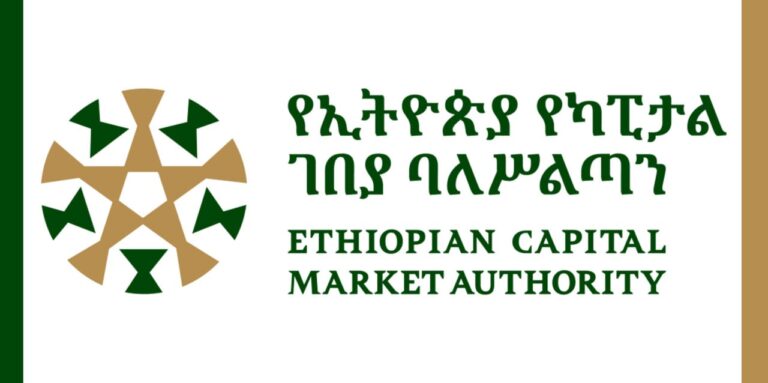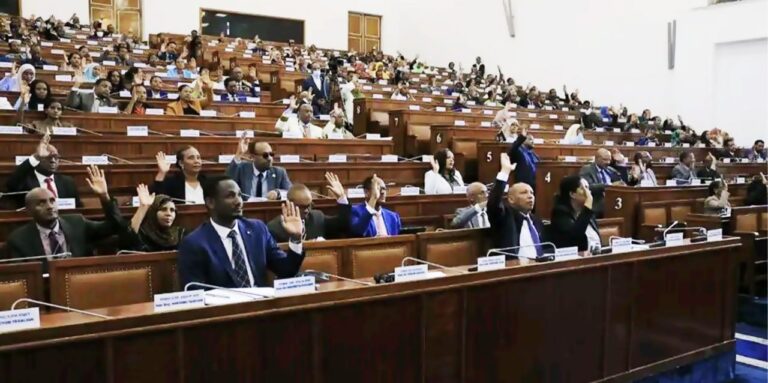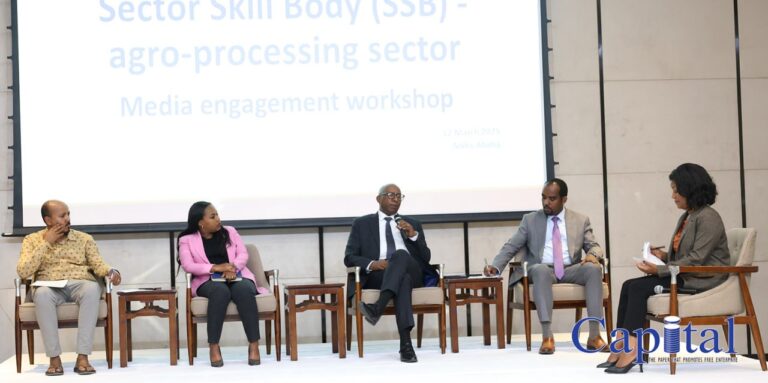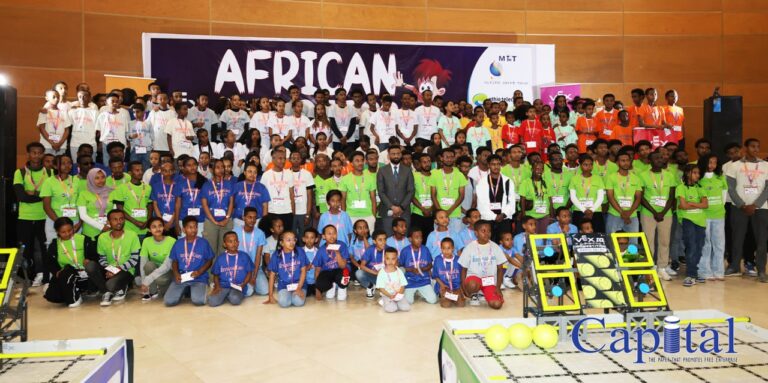The Ethiopian Capital Market Authority (ECMA) has introduced a series of stringent penalties aimed at ensuring compliance with international financial standards and safeguarding investor interests. These measures are part of the broader effort to build a reliable and efficient capital market in Ethiopia as the country prepares for the launch of its first securities exchange.
Under the new directive, entities failing to resolve complaints within designated timeframes or failing to report unresolved issues to the authority will face fines of up to 500,000 birr, with an additional 10,000 birr charged for each day of non-compliance. Similarly, providing false or misleading information or transferring unauthorized securities from special funds will result in penalties ranging from 500,000 to 1 million birr.
The ECMA emphasized that these measures are critical for fostering transparency and accountability in Ethiopia’s emerging capital market. “These penalties are designed to protect investor interests, ensure compliance with regulatory standards, and support the transition towards a fully dematerialized securities environment,” the authority stated.
The directive applies to documents offered for public sale and marketing, including those issued by public enterprises owned by the Ethiopian government. It also covers securities trading activities within the regulated market framework established by ECMA.
The penalties are part of a broader regulatory framework introduced by ECMA to consolidate Ethiopia’s fragmented securities trading landscape into a single, licensed, and regulated market. This initiative is expected to enhance the capital market sector’s contribution to economic growth and provide businesses with a transparent platform for raising capital.
The establishment of Ethiopia’s first securities exchange, known as the Ethiopian Securities Exchange (ESX), is scheduled for November 2024. Officials have highlighted that most preparatory work, including regulatory frameworks and long-term development roadmaps, has already been completed.
Brook Taye, Director General of ECMA, noted that these reforms aim to create a favorable environment for businesses while ensuring investor protection. “Licensed service providers will operate within a transparent and controlled trading system, enabling businesses to raise capital efficiently,” he said.
While these measures mark significant progress toward building a modern capital market in Ethiopia, challenges remain. Severe foreign exchange shortages and bureaucratic hurdles continue to pose risks to smooth operations. However, recent reforms allowing freely negotiated foreign exchange rates are expected to alleviate some of these issues.
The ECMA’s efforts align with Ethiopia’s broader economic goals under initiatives like the African Continental Free Trade Area (AfCFTA). By fostering a reliable capital market infrastructure, Ethiopia aims to attract both domestic and international investors while supporting sustainable economic growth.








